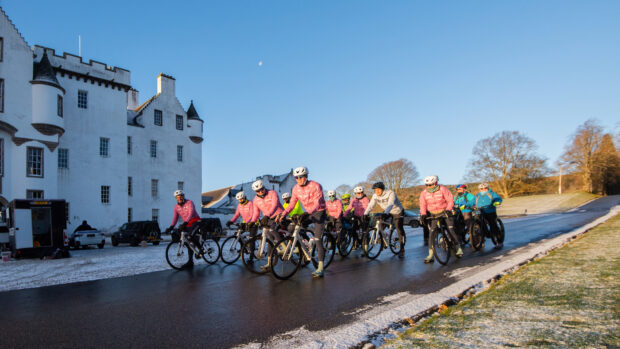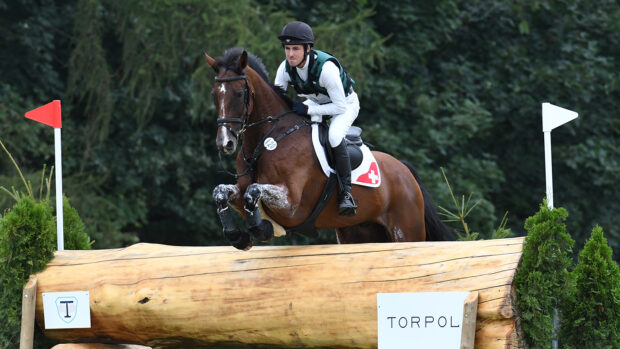In a bid to step up its watch on doping, the Jockey Club has announced that from next year it will freeze a selection of samples taken in routine dope tests to allow retrospective testing.
Although the Jockey Club has no evidence of persistent drug misuse, it has decided to store samples from runners in any type of race – whether a Group 1 day or a regular midweek meeting – from 2005. The Horseracing Forensic Laboratory will then be able to test the frozen samples when a test for a new substance becomes available or when it develops more sophisticated ways to detect a known drugs.
“There is little doubt that the testing facilities provided by HFL are among the best in the world, however, one only has to monitor developments in the testing of human athletes to realise that it is not always be possible for the laboratories to keep pace with those who are prepared to use new technology to gain an unfair advantage,” says the Jockey Club Director of Veterinary Science and Welfare, Dr Peter Webbon.
At the moment, about 10% of runners are tested for doping after a race and samples are taken from horses in training during yard visits. The Jockey Club can hardly freeze them all and has therefore decided to be flexible on the number of samples it will store and re-test.
“We shall store a selection of samples in no particular pattern except that it is representative of a cross section of all samples,” explains Webbon. “If the [Horseracing Forensic] laboratory introduces a new test, then we’ll probably say: let’s look at our stored samples and see what happens.”
While a horse which is found positive to doping right after a race is immediately disqualified, it is hard to fathom what will happen if a runner turns out to be positive to a drug several years after the race took place. This is precisely the reason the Jockey Club hasn’t frozen samples in previous years, according to Webbon.
“The thing that has worried us the most in the past is the question of penalties. If you get an Olympic athlete and five years later you find out he has won a medal because he has cheated, you can disqualify him, but there is no need to do anything to his children,” he says. “But if a horse has won the Derby and five years later you discover he has won it because he was drugged [what do you do?]. He may have had offspring which sold at high price because their sire won the Derby.”
After several reviews, the Jockey Club has decided that it will adopt a flexible approach, which will enable them to apply different measures to each case.
“Instead of having a rigid system of penalties, we will deal with each case depending on its merit. If we do find a positive sample [in a retrospective test] we will report it to the Regulatory Board and they will look at it before deciding on the appropriate course of action.”
But the Jockey Club really sees this as a preventative measure, according to Webbon. “By giving ourselves the option to test frozen samples retrospectively we establish a stronger deterrent for now and the future.”



